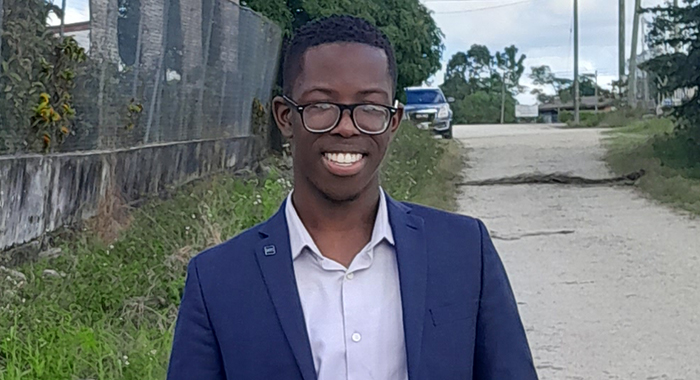The Caribbean region finds itself at a critical crossroads as escalating tensions between the United States and Venezuela threaten to destabilize the area. Recent military actions, including a strike on a speedboat in international waters allegedly carrying Trinidadian fishermen, have heightened fears among local communities. The U.S. has bolstered its naval presence in the region, citing efforts to combat drug trafficking, but many view these moves as part of a broader geopolitical strategy. This has left Caribbean citizens, particularly fishermen, living in fear of violent, extrajudicial consequences. The lack of clear communication and leadership from Caribbean Community (CARICOM) leaders has only exacerbated the situation. CARICOM, established in 1973 to coordinate foreign policies and ensure regional security, has failed to address the crisis effectively. Citizens are calling for an emergency session to discuss the conflict and demand a joint statement outlining a path forward. Historically, the Caribbean has been a bastion of peace, often mediating disputes in Latin America. However, the current silence from regional leaders risks undermining this legacy. The region’s collective voice, amplified through organizations like the United Nations and the Organisation of American States, holds significant potential to influence global discourse. Yet, without decisive action, the Caribbean risks becoming collateral damage in a conflict that could have dire consequences for its people and economies. Long-term solutions, such as bolstering national security and drafting evacuation plans, are essential. The time has come for Caribbean leaders to demonstrate true statesmanship and prioritize the safety and well-being of their citizens over political posturing.
